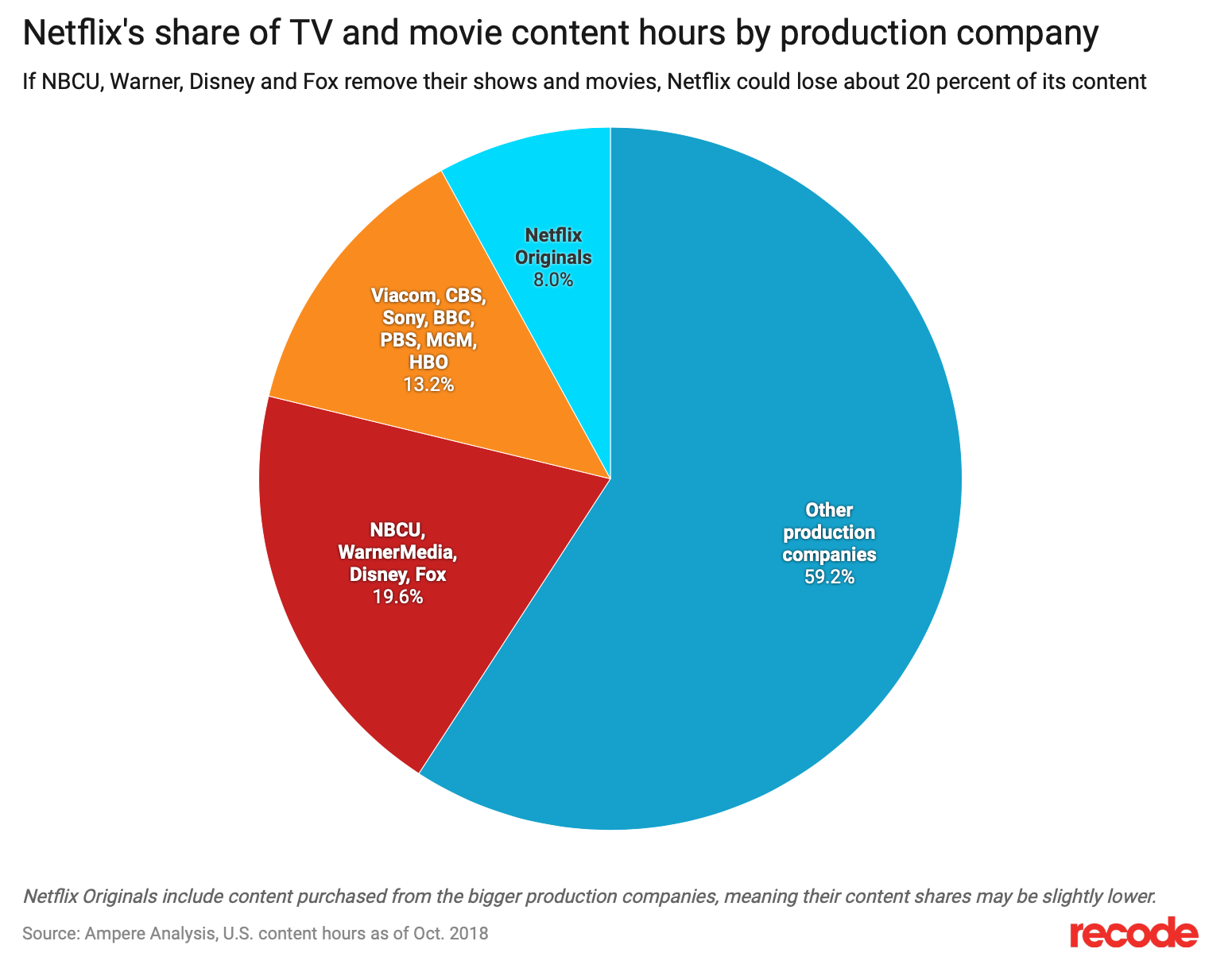Question
Article 1: Netflix - Reed Hastings Reed Hastings, in full Wilmot Reed Hastings, Jr., (born October 8, 1960, Boston, Massachusetts, U.S.), American entrepreneur who was
Article 1:
Netflix - Reed Hastings
Reed Hastings, in full Wilmot Reed Hastings, Jr., (born October 8, 1960, Boston, Massachusetts, U.S.), American entrepreneur who was cofounder (1997) and CEO (1998- ) of Netflix, a media-streaming and video-rental company.
Hastings studied mathematics at Bowdoin College in Brunswick, Maine, graduating with a bachelor's degree in 1983. After serving in the U.S. Marine Corps, he spent two years with the Peace Corps, most of the time teaching math in Swaziland (now Eswatini). He returned to the United States and went to Stanford University, where he received (1988) a master's degree in computer science. Subsequently Hastings became a software developer, and in 1991 he founded Pure Software (later Pure Atria Corporation), which he sold in 1997 for a substantial profit.
In 1997 Hastings conceived the idea of a subscription-based movie-rental service, after he incurred a large late fee when he failed to return a store-rented videocassette. DVDs were new to the market, but Hastings felt that they would travel well through the mail. He and business partner Marc Randolph (who left the company in 2004) incorporated Netflix in California in 1997 and started mail-order DVD operations in 1998. Hastings became the company's CEO later that year. At first customers were allowed to rent each DVD for a seven-day period, but by December 1999 subscribers could pay a set monthly fee to rent an unlimited number of DVDs. Although they selected DVDs and controlled their accounts via the Netflix Web site, DVDs (up to three at a time) were sent and returned by mail. Once a DVD was returned, the next movie on the customer's account list was automatically mailed.
Hastings expanded Netflix through movie studio partnerships and aggressive marketing campaigns, emphasizing Netflix's catalog of indie films, documentaries, and other movies not easily available through other services. In February 2007 Netflix shipped its billionth DVD. Meanwhile, the company launched applications that permitted customers to access movies and TV shows through streaming downloads. Hastings made a rare misstep in 2011 when Netflix announced that it would increase rental prices and split the company in two, with the DVD service rebranded as Qwikster. He downplayed the resulting loss of customers and plunging stock price, but the company backtracked and canceled the Qwikster spin-off plan.
Hastings subsequently oversaw Netflix's foray into content produced specifically for its streaming service. Its first such offering was the episodic drama series House of Cards, which debuted in 2013. Such content was hugely successful and became a major focus of the company. During this time Netflix also began producing films. In 2020 it was announced that Ted Sarandos
would serve as co-CEO with Hastings.
(Source:https://www.britannica.com/topic/Netflix-Inc)
Article 2:
Here's what happens when the big media companies take their content off Netflix
The streaming media pioneer could lose about a fifth of its content hours
Following Netflix's lead, nearly every major video company is moving into the streaming media business. And that means also moving their content off Netflix and onto their own services.
Disney ? along with its soon-to-be purchased Fox ? is launching its streaming service, Disney+, next year and pulling its content, including Pixar and Marvel films, from Netflix. The combined AT&T/Time Warner, which has licensed its popular TV series "Friends" to Netflix, may also pull its movies and TV shows from Netflix when its own streaming service gets off the ground at the end of 2019. Comcast, which is currently a part owner of Hulu but is likely to start its own streaming service in the next year or so, would pull content off Netflix to launch that one, too.
All of which means Netflix could lose a large chunk of its content. Comcast, Fox, Disney and WarnerMedia currently account for about 20 percent of Netflix's content library, according to data from TV industry research company Ampere Analysis. This calculation is based on the number of hours of shows and movies that Netflix carries from a given production company. It doesn't take into account show popularity, which means that 20 percent number likely underestimates the value of that content to Netflix. See Netflix's new $100 million deal for a single WarnerMedia show.
Netflix wouldn't confirm or comment on the third-party data.
That potential loss is part of the reason Netflix has ratcheted up its original content spending lately, with shows like "The Haunting of Hill House" and "Narcos." Netflix is expected to spend $12 billion to $13 billion on content in 2018 ? most of which will go toward original content ? more than what traditional content creators like HBO and Disney typically shell out. As of October, original content made up 8 percent of content, measured in hours, on Netflix, according to Ampere.

Step by Step Solution
There are 3 Steps involved in it
Step: 1

Get Instant Access to Expert-Tailored Solutions
See step-by-step solutions with expert insights and AI powered tools for academic success
Step: 2

Step: 3

Ace Your Homework with AI
Get the answers you need in no time with our AI-driven, step-by-step assistance
Get Started


